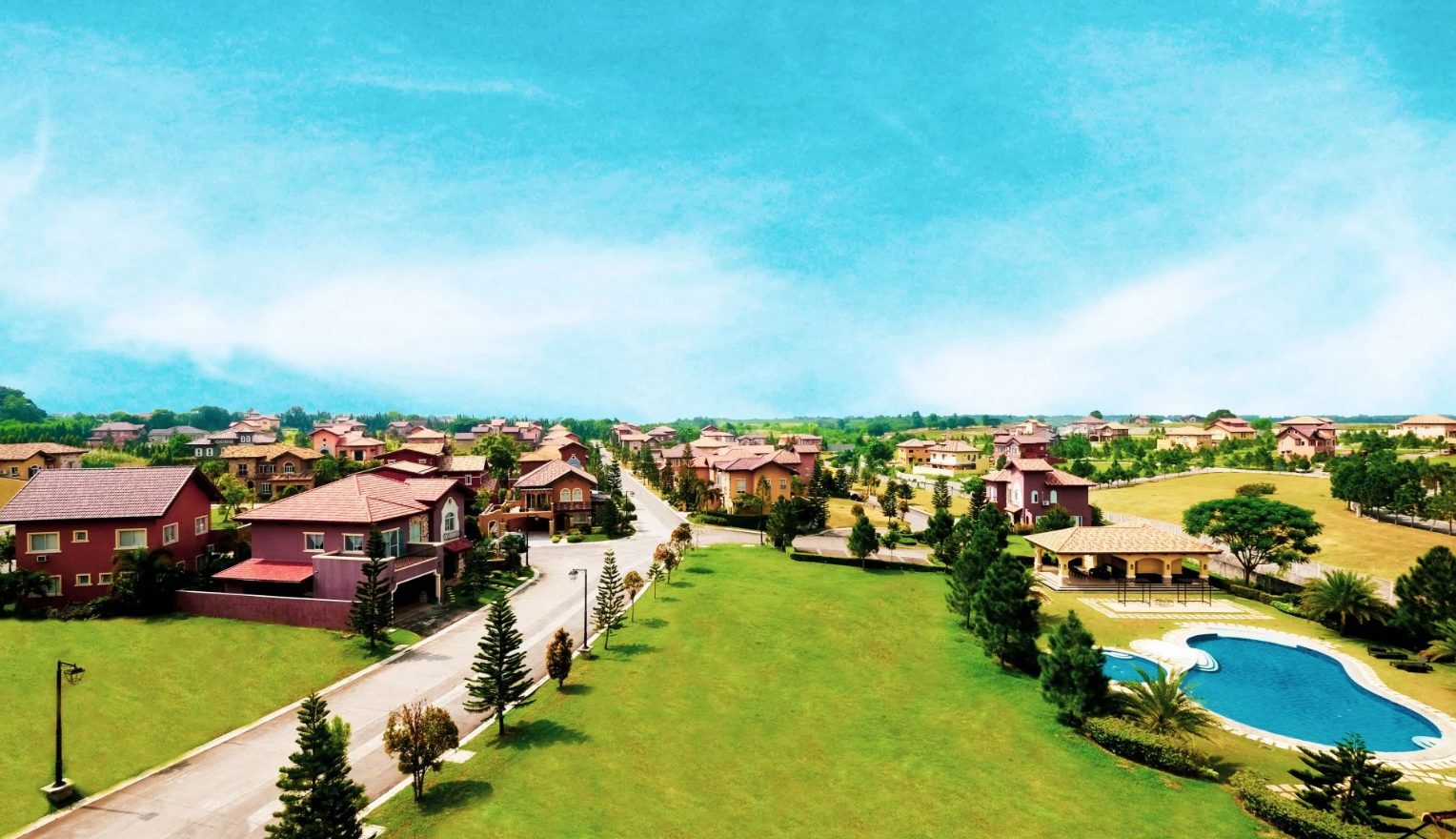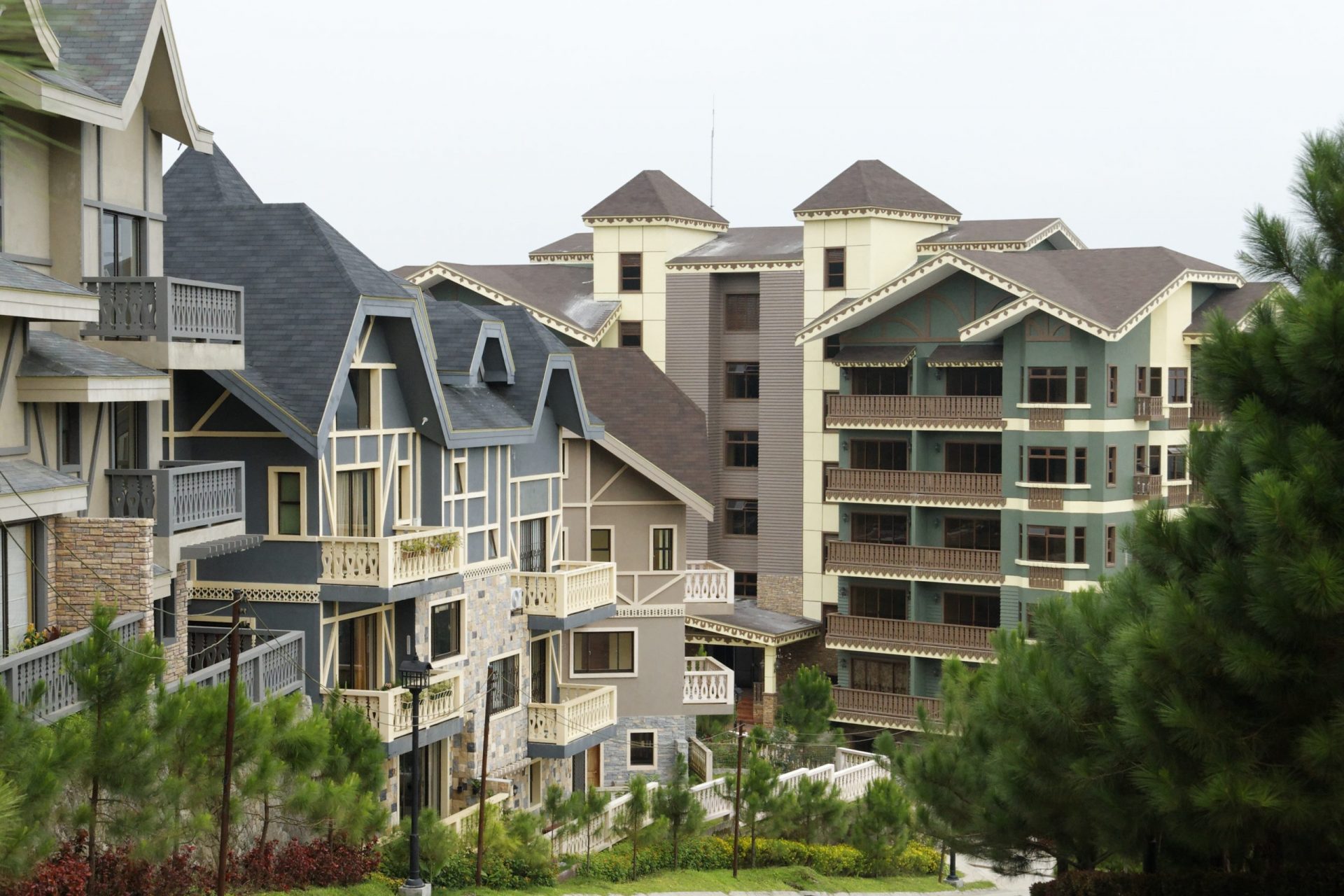BLOGS
Choosing The Perfect Water Heater For Your Condo
Have you ever wondered if your water heater is up to the task of keeping your apartment or condo warm in the Philippines?
A reliable water heater for condo [Philippines] can make all the difference, providing you with the comfort and convenience you deserve. However, choosing the right water heater for your living space can be a challenging task, especially when you are living in the coldest city in the Philippines, the City of Baguio.
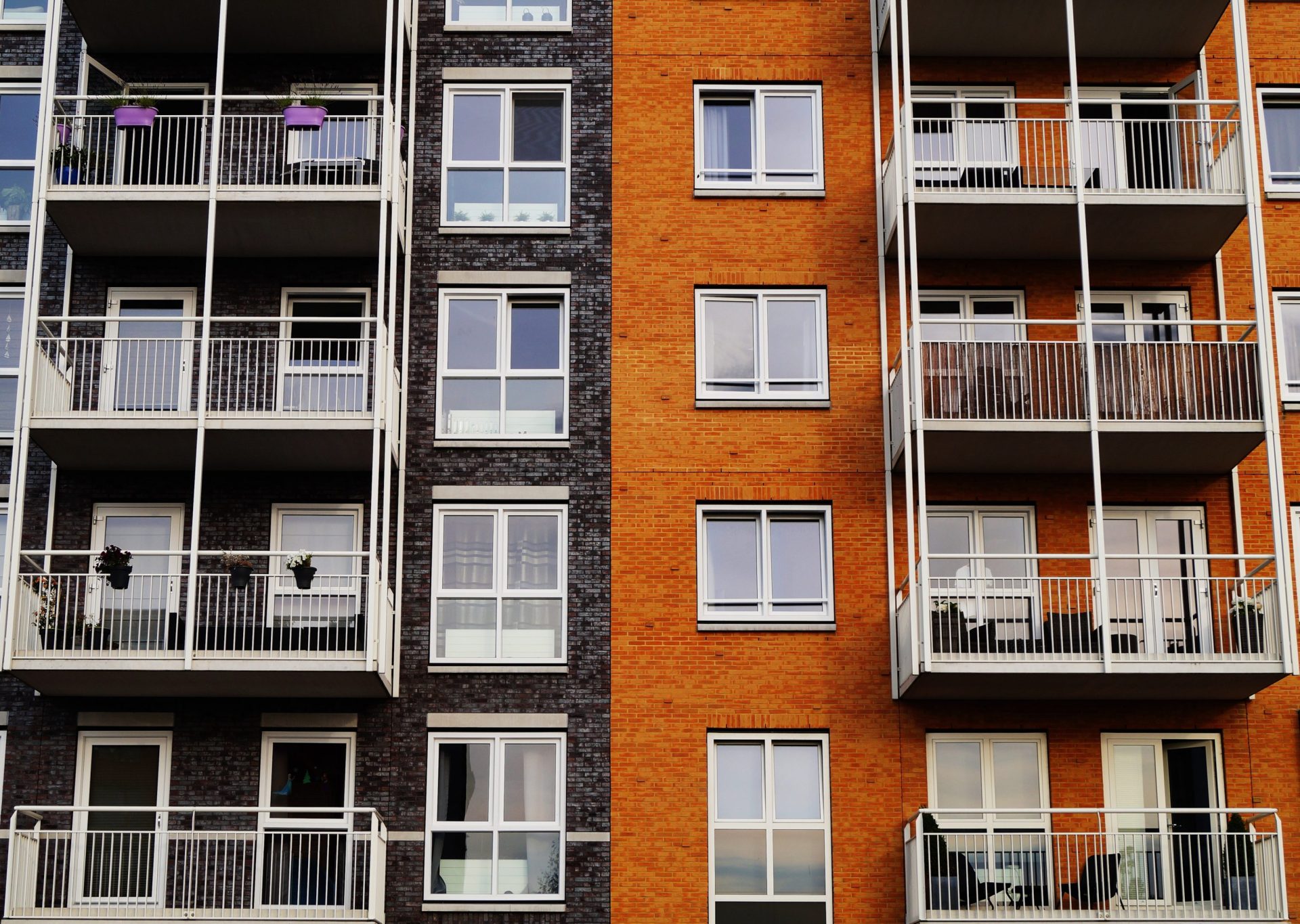
The good news is that there are so many options out there that choosing one can be daunting. Do you want tankless water heaters? Tank-style water heaters? How about an on-demand system? Or maybe you have a specific budget in mind?
In this article, we’ll talk about what to look for in a water heater and how to choose one that fits your needs—without breaking the bank!
Energy efficient
Choosing an energy-efficient and environmentally friendly water heater for your condominium in Baguio can lessen your impact on the environment and your utility expenditures. Look for water heaters with high energy efficiency ratings. These models use less energy to heat water, which can lead to substantial cost savings in the long run.
When you’re shopping for a water heater, you want to make sure that your new purchase is energy efficient. The best way to do this is to look at the Energy Factor (EF) rating on your water heater’s product page.
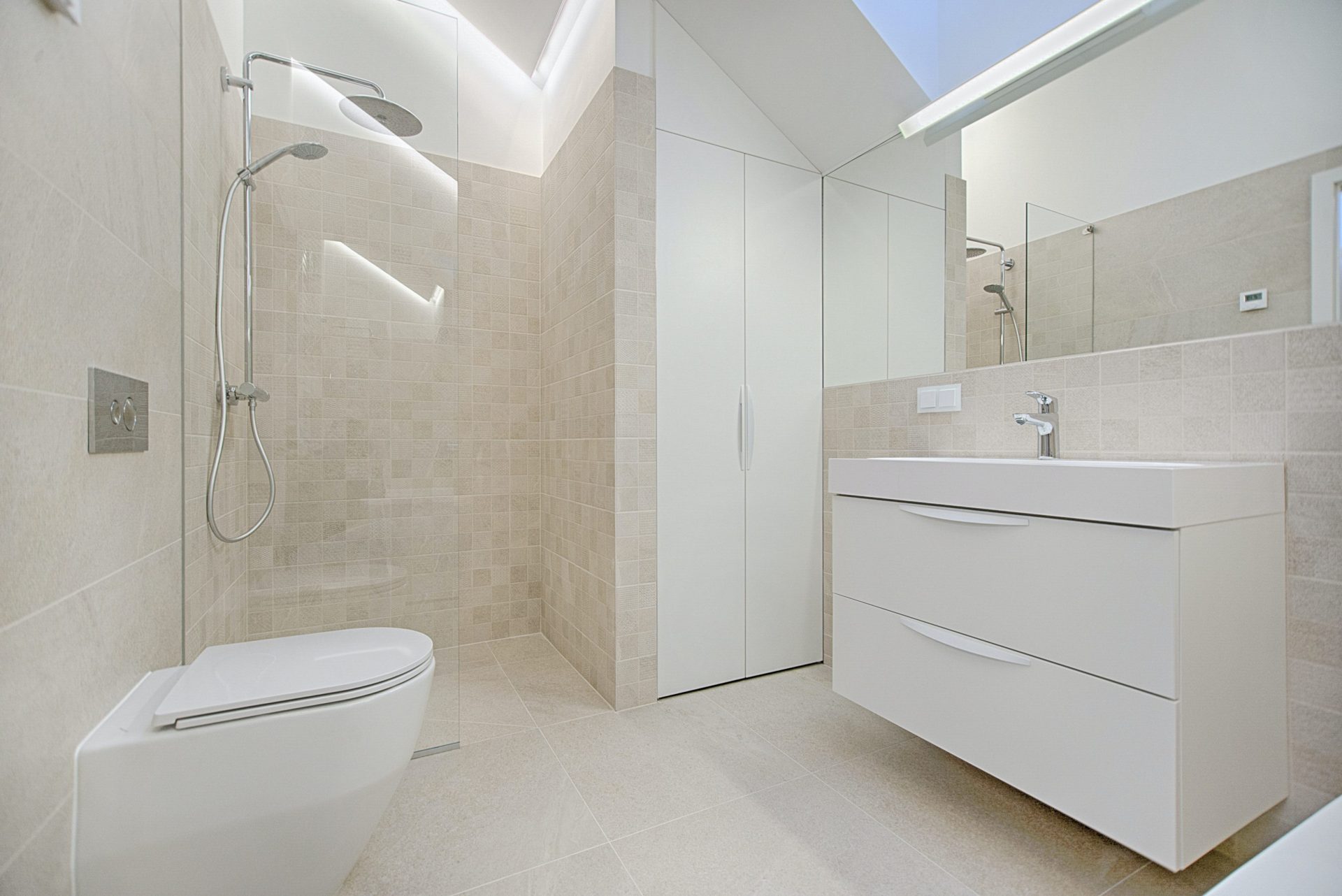
The Energy Factor (EF) is a number that tells you how efficient a water heater will be when it comes to heating your home’s water, and the lower the number, the better. The EF rating should be between 80% to 96% for gas-fired tankless water heaters in the Philippines.
While an energy-efficient water heater may cost more upfront, the long-term savings on your utility bills can make it a worthwhile investment in the long run.
Type of Water Heaters
Knowing the type of shower heater is an important consideration when deciding on the ideal water heater for your apartment or condo. There are several types of water heaters available, including:
-
Storage tank water heaters
These are the most common type of water heaters and use a tank to store and heat water.
-
Tankless water heaters
These water heaters do not have a storage tank and instead heat water on demand as it passes through the unit. If you’re looking for a condo for sale, make sure to keep this water heater feature in mind.
-
Heat pump water heaters
These water heaters use electricity to move heat from the air or ground to heat water.
-
Solar water heaters
This water heater uses energy from the sun to heat water, making them an environmentally friendly option.
Each type of water heater has its advantages and disadvantages, depending on your hot water usage needs, budget, and other factors. Therefore, it’s essential to research and understands the different types of water heaters before you decide to buy this.
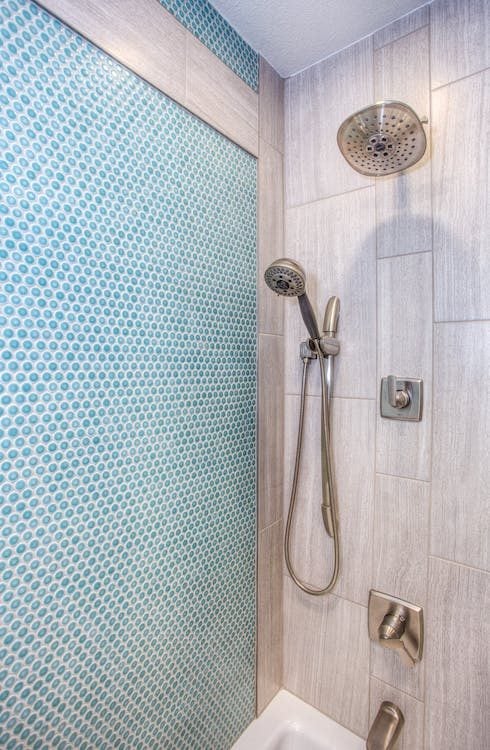
Tank or tankless?
Determining whether a tank or tankless water heater is better for your condo depends on several factors, including your hot water usage needs, energy efficiency preferences, upfront costs, and space availability. Here’s a summary of the advantages and disadvantages of each:
Tank Water Heaters:
Advantages:
- Has a lower upfront cost than tankless water heaters.
- Can provide a large supply of hot water for an extended period.
- Simple installation and maintenance.
Disadvantages:
- Higher energy bills since they have to continuously heat and reheat the water in the tank.
- Limited supply of hot water.
- Larger and take up more space.
Tankless Water Heaters:
Advantages:
- More energy-efficient, which can lead to lower energy bills.
- A continuous supply of hot water on demand.
- Smaller and take up less space.
Disadvantages:
- Higher upfront costs than tank water heaters.
- Can be more complex to install and maintain.
- May require more powerful electric or gas systems, which can add to installation costs.
Ultimately, the decision between a tank or tankless water heater comes down to your personal preferences, hot water usage needs, and budget. If you have a high demand for hot water, a tankless water heater may be the better option. However, if you’re looking for a lower upfront cost and don’t require a continuous supply of hot water, a tank water heater may be a better choice.
Electric or Gas?
When deciding between an electric or gas water heater for your condo, there are several factors to consider. Here are some of the key differences between the two:
-
Energy efficiency
Gas water heaters tend to be more energy-efficient than electric water heaters, which can result in lower energy bills.
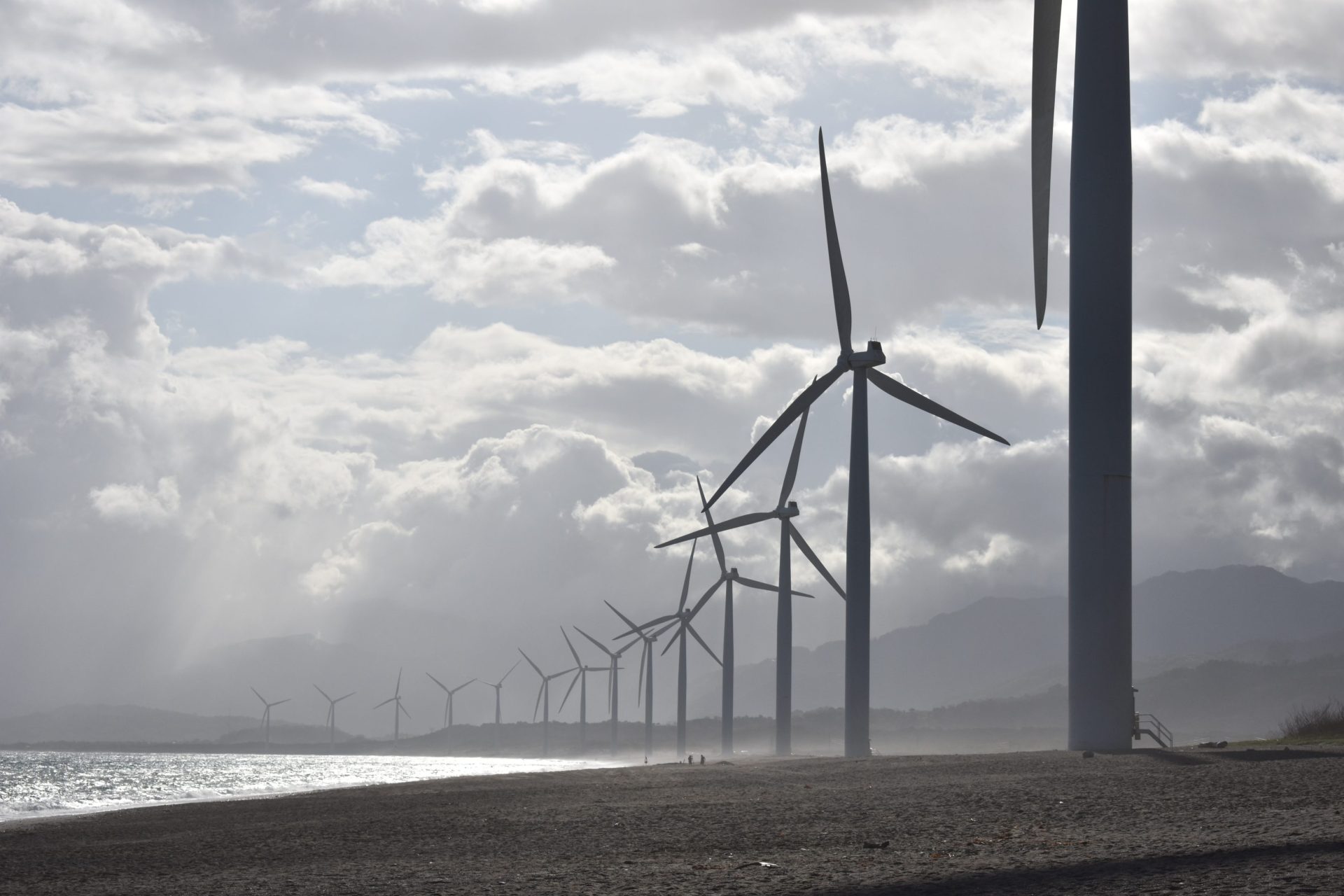
-
Upfront costs
Electric water heaters in the Philippines are generally less expensive than gas water heaters, both in terms of equipment costs and installation.
-
Maintenance
Gas water heaters require more maintenance than electric water heaters, such as regular cleaning of the burner and flue.
-
Safety
Gas water heaters may pose a higher risk of carbon monoxide leaks and fire hazards than electric water heaters.
-
Availability
In some areas, one type of fuel may be more readily available or less expensive than the other.
Ultimately, the best water heater will depend on your specific needs and preferences, as well as local energy prices and availability. You can do thorough research and consult with a professional before making a final decision.
Cost and Budget
When deciding on a water heater for your apartment or condo, cost and budget are important considerations. Here are some factors to keep in mind:
-
Upfront cost
The cost of the water heater itself can vary widely, with tankless water heaters generally being more expensive than tank water heaters. Electric water heaters are typically less expensive than gas water heaters, both in terms of equipment costs and installation.
-
Installation costs
Installation costs can also vary depending on the type of water heater you choose and the complexity of the installation. Some water heaters may require additional plumbing or electrical work, which can add to the installation costs.
-
Energy efficiency
While more energy-efficient water heaters may have a higher upfront cost, they can save you money in the long run by reducing your energy bills.
-
Maintenance costs
Some types of water heaters require more maintenance than others, which can add to the overall cost over time.
-
Warranty
The length and terms of the manufacturer’s warranty can also impact the total cost of the water heater.
It is important to consider both the upfront and long-term costs when choosing a water heater for your apartment or condo. You may want to compare the total cost of ownership of different water heaters over their expected lifespan to make an informed decision.
Additionally, it’s recommended to consult with a professional to get an estimate of the total cost, including installation and maintenance costs, before making a final decision. If you are looking for a condominium for sale in the Northern part of Luzon, we suggest visiting Bern Baguio by Brittany Homes, where you can enjoy the luxury of warm showers every day.
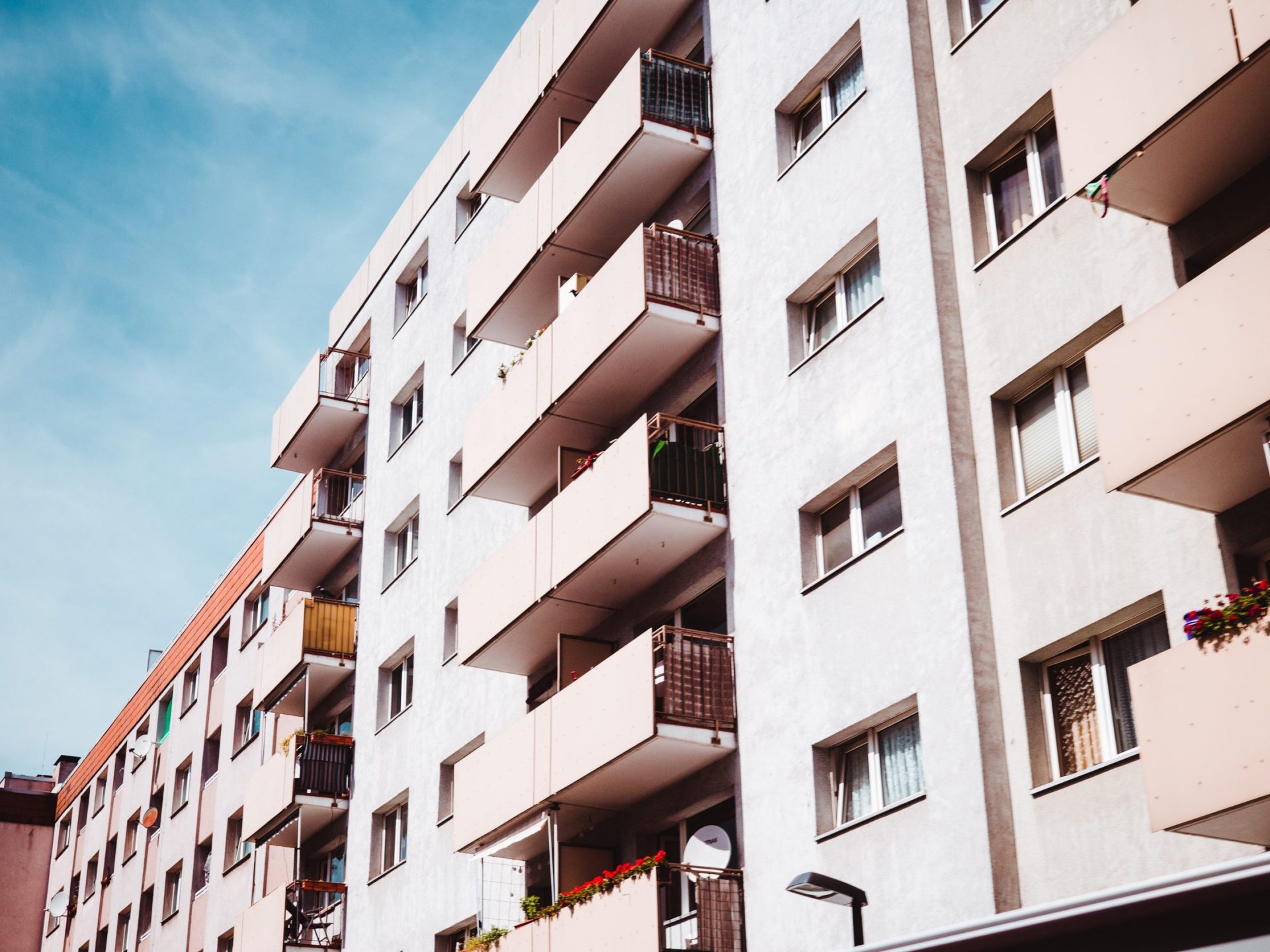
Final Thoughts
When choosing a water heater for a standard or luxury condominium in Baguio, you want to make sure you’re getting the best product for the money. The size of your home, the number of people using hot water, your budget, and your energy needs are all important factors to consider when deciding on a water heater.
Ultimately, it’s essential to weigh the upfront and long-term costs, energy efficiency, maintenance requirements, and other factors to find the right water heater that suits your specific needs. With proper research and consultation with professionals, you can make an informed decision and enjoy the comfort and convenience of having an instant water heater at your fingertips for years to come.
READ NEXT ARTICLE: WHAT IMPACT WILL CLIMATE CHANGE HAVE ON PROPERTY VALUES?
READ NEXT ARTICLE: DPWH’S GREEN BUILDING CODE: WHAT YOU NEED TO KNOW







